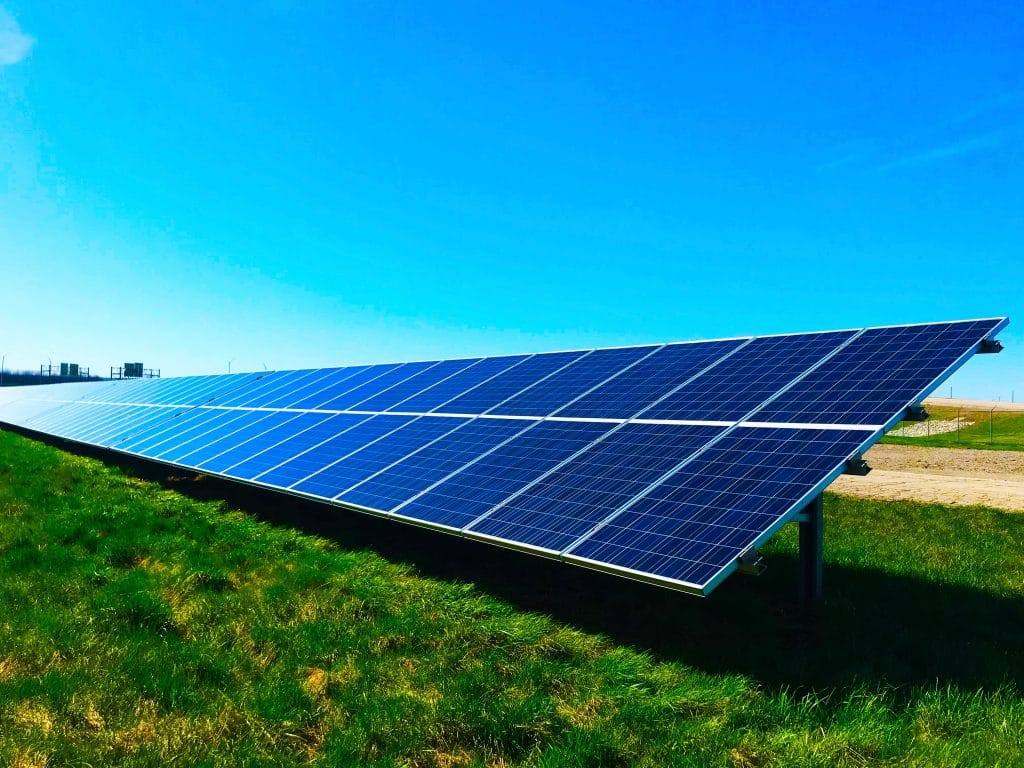Sustainability – Has the pandemic taught us anything?
September 4, 2020
Among all this hassle with the pandemic, we have had time to think about what’s important and what could be done differently. Reduced need for commuting and working remotely has given us more free time ¹. Facilities and businesses around the world have been closed due to health reasons ². Radical decline in air traffic has caused the popular tourist attractions to be abandoned ³. And the list goes on.
Fragile economy and reduced emissions
Of course, this has not been a good thing for individuals who have lost their jobs (or lives/health for that matter) or for companies who have gone bankrupt. But in a larger scale, this has shown the fragility of our economy and that our actions can make a difference in a global scale. During the peak lockdown a couple of months ago, the daily global CO₂ emissions were reduced by 17 % ⁴. Although this change was not permanent, and the emissions are likely to grow back, it showed us how large an impact we have on our planet.
Magical resources
And to go even further, this lockdown leads us to think how we can ensure resources for our local economy in the future, if our global suppliers are out of the equation. Before the lockdown we were nearly blind to the fact that stuff doesn’t just magically appear in our warehouses. Someone actually manufactures it, and it requires resources such as energy, raw materials and elbow grease. If these aren’t available, stuff can’t be done, no matter how many emails we send to them.
Closing the loop
One essential way to ensure resources for the future is to take care of materials we have available, not to consider them as junk after a while. Recycling is important of course, but things should be stepped up to create a circular economy model, where materials cycle in a closed loop as long as possible. Instead of our current linear model, where products are mostly landfilled after use, the products are either renewed or recycled to create new products.
Giving example
Doing a major change like this isn’t easy but taking small steps towards the goal of a more sustainable and stable future is beneficial. We at TT Gaskets are also concerned of the environment and are planning to start a sustainable development program that can be taken into action in other companies as well. The actions include for example investing in solar energy, enhancing material use and recycling as well as finding biobased alternatives for fossil materials. First steps towards a greener, smarter and safer future has already been taken, and we hope that you join us in this journey.
